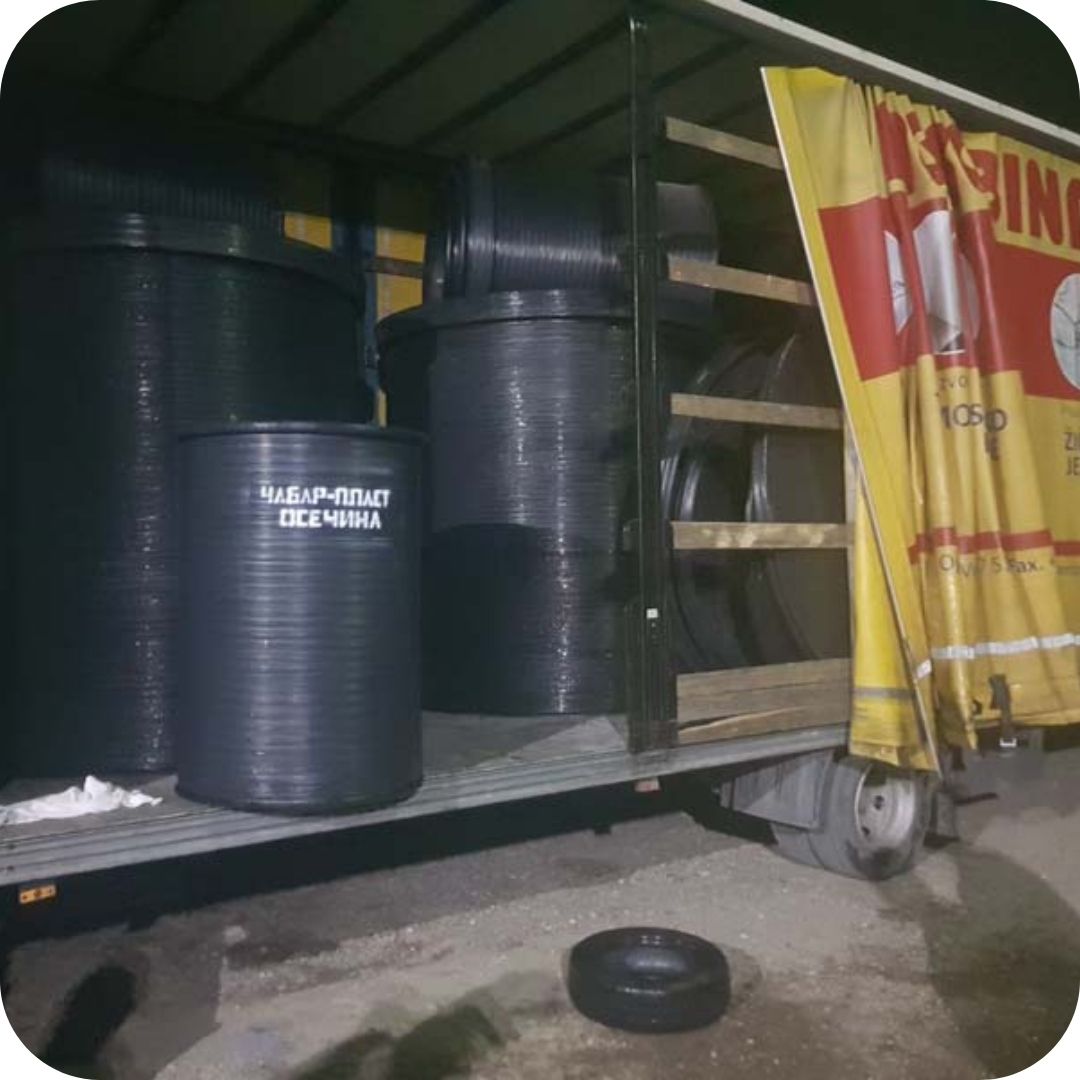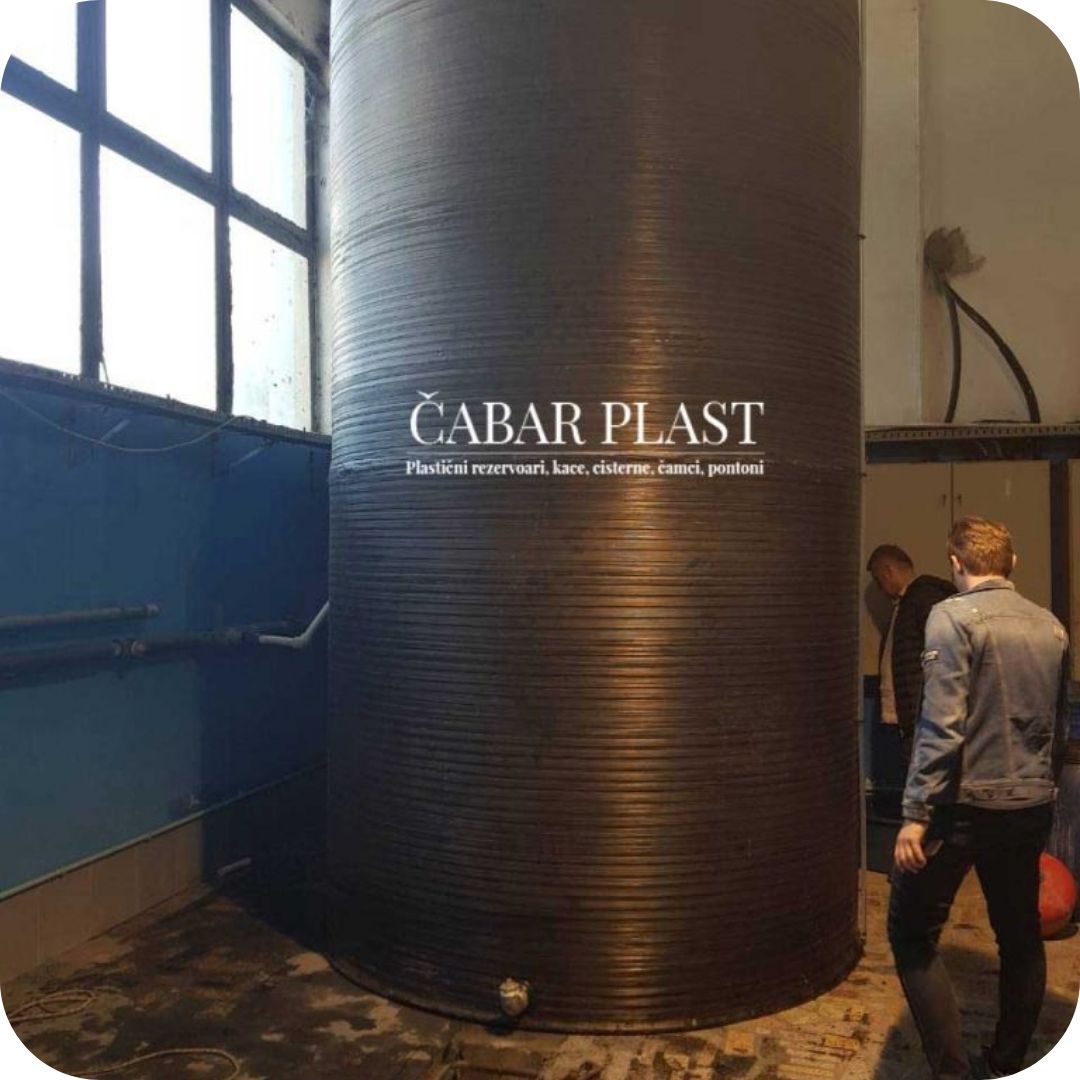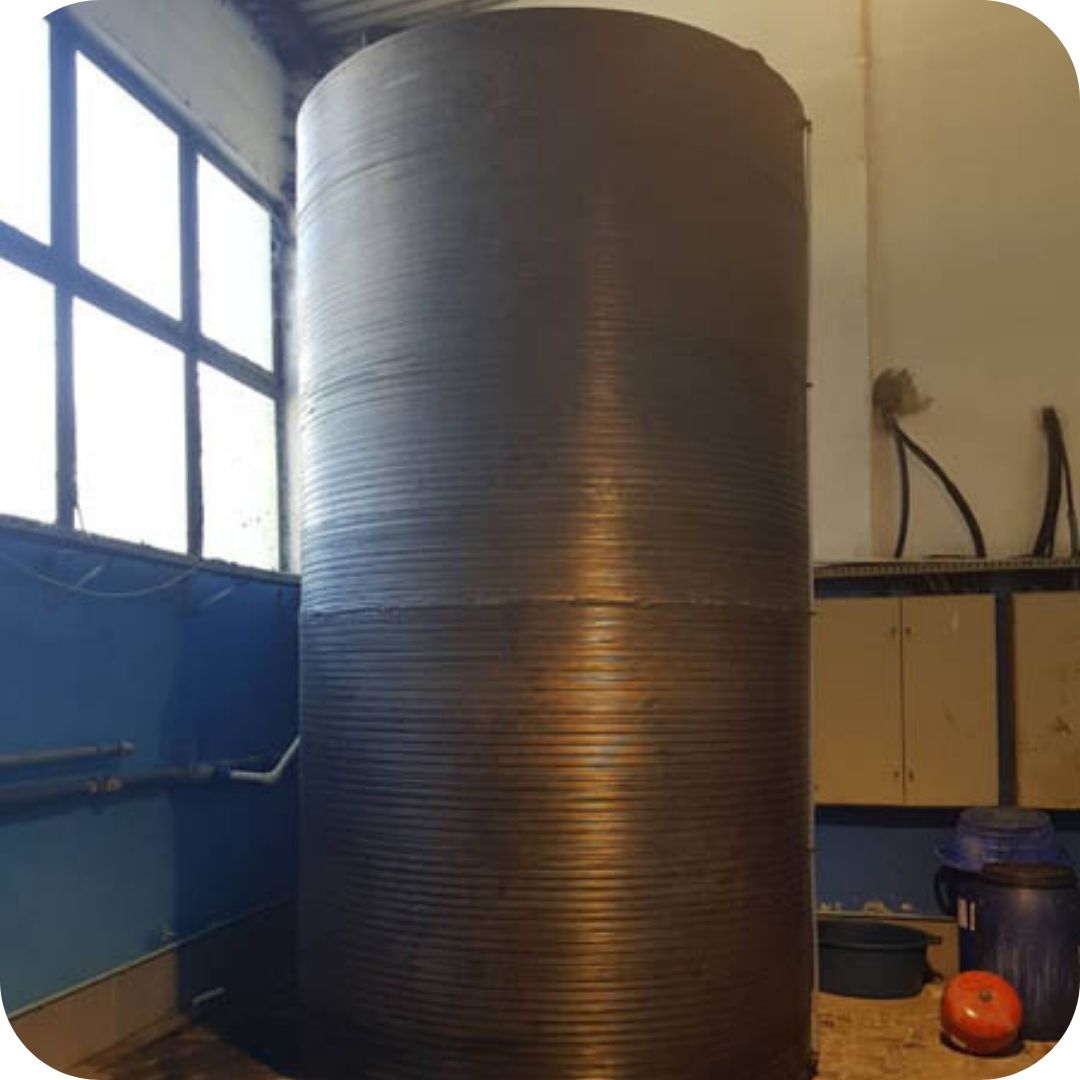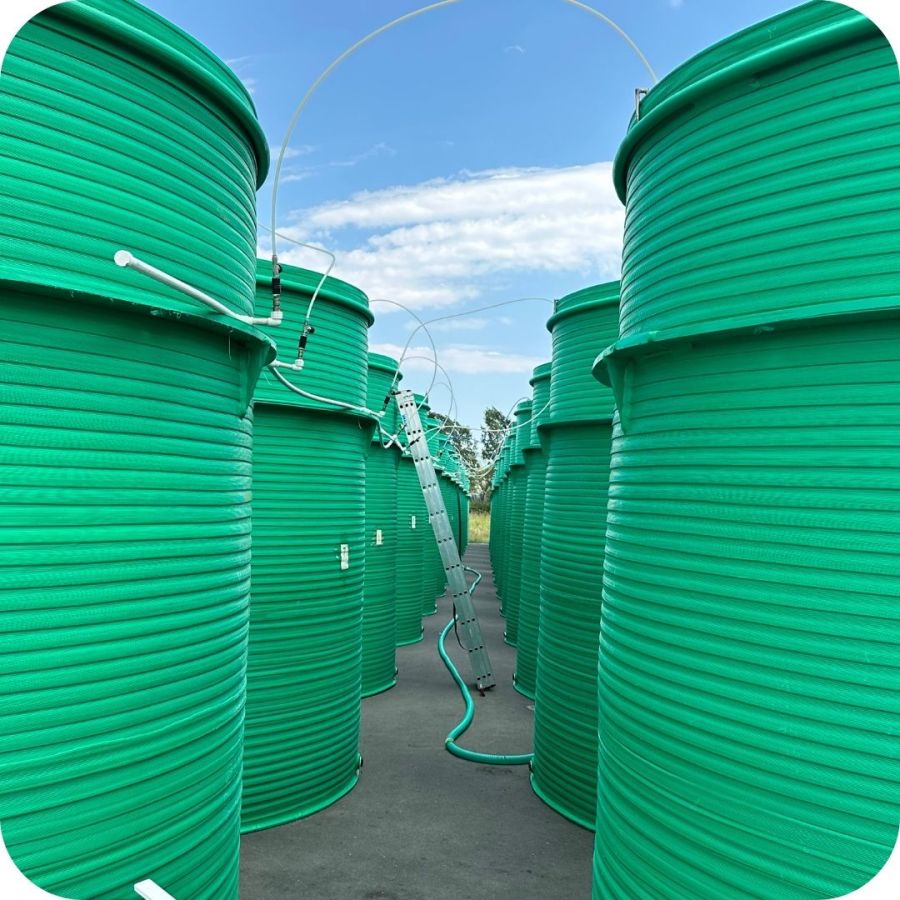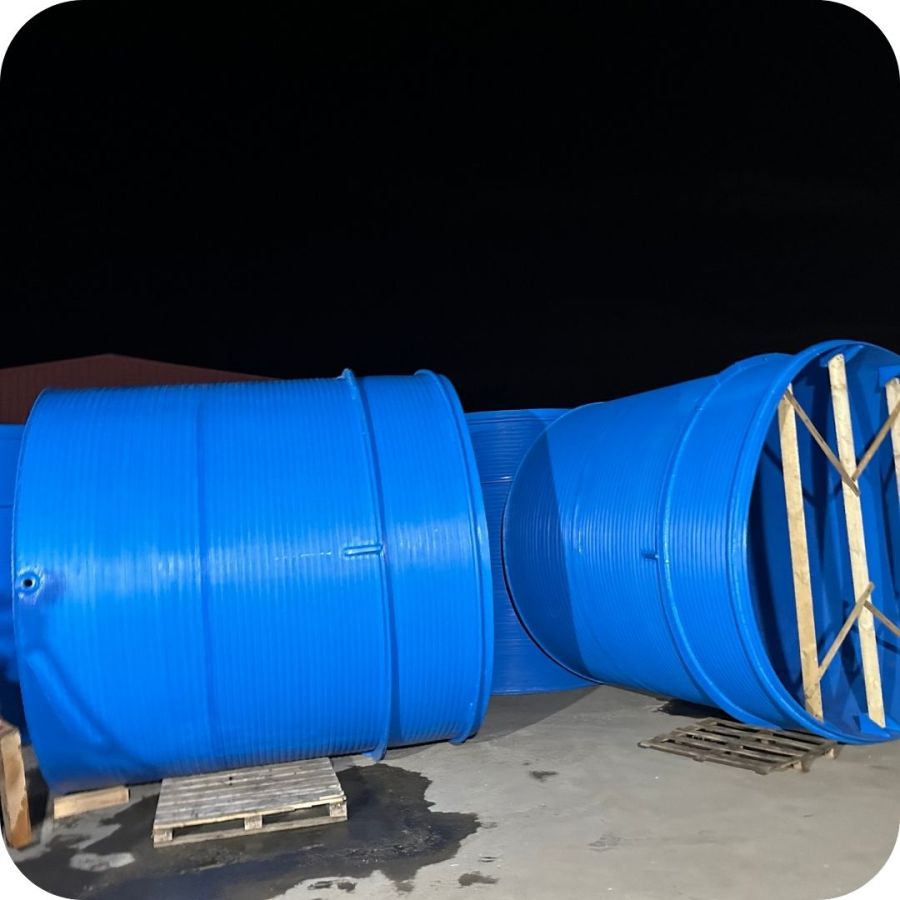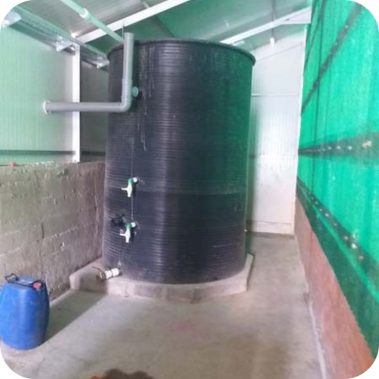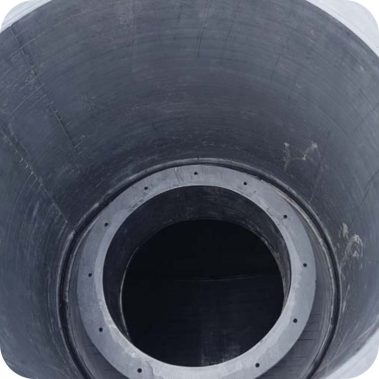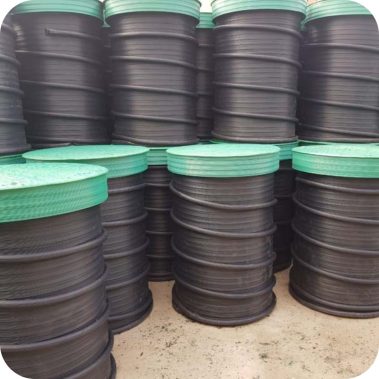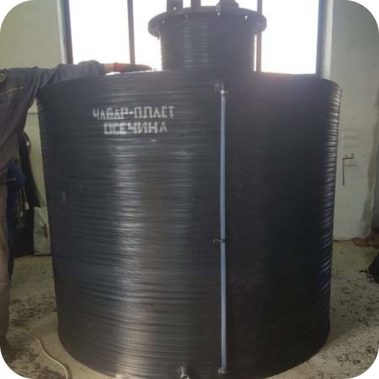The basic characteristics of plastic barrels (barrels) for wine are:
- Economical and Affordable
One of the key factors that make plastic wine barrels an attractive choice is their price. As mentioned, plastic barrels are significantly cheaper than traditional wooden barrels and stainless steel barrels. This makes plastic barrels an extremely economical solution for winemaking, especially for those who are just starting with this hobby or business.
Plastic barrels are extremely easy to handle and transport, making them ideal for use in various conditions. Their mobility allows vineyard owners and winemakers to easily move barrels as needed, whether it’s indoor spaces for fermentation or storage, or outdoor spaces.
Due to the material they are made from, plastic barrels do not absorb odors, meaning they can store different types of beverages without fear of mixing tastes and odors. In addition, they are easy to clean and maintain, which is especially important in the wine production process where hygiene is crucial.
Plastic barrels are made from materials that are resistant to UV rays and extreme temperatures, meaning they can be safely stored outside. This resistance to weather conditions gives winemakers greater flexibility and fewer concerns about storage.
- Durability and Sustainability
The HDPE material from which the barrels are made ensures their longevity, where the material loses only 5% of its properties after 50 years of use. This makes plastic wine barrels a long-term solution that is also environmentally sustainable.
Besides wine, plastic barrels can be used for storing various liquids such as water, pomace, brandy, as well as for fermenting fruits like quince and apricot. This versatility makes them a useful tool in every household or agriculture.
In conclusion, plastic wine barrels represent a practical, economical, and versatile solution that meets the needs of modern viticulture, while also offering advantages in terms of maintenance, hygiene, and resistance to various storage conditions.







